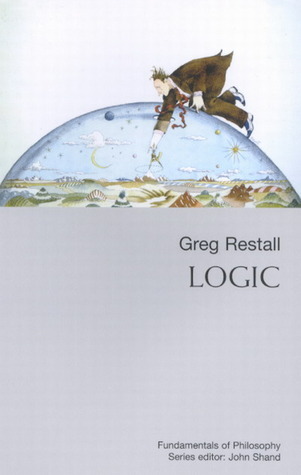Deferring this for the time being. I love logic, and I need more time to wrap my head around the concepts of deductive logic.
The book explains these concepts in very simple terms, and very good for a novice like me, who love puzzles. So I am giving it a four-star rating anyway.
However, can anyone who has a strong grounding in logic tell me where I am going wrong with the following argument? The premises seem to be correct, but there seems to be something wrong with the conclusion.
Premise 1: In the USA, those who want to ban abortion call themselves "Pro-life".
Premise 2: In the USA, those who are "Pro-life" want to bring back capital punishment everywhere.
Conclusion: In the USA, "Pro-life" people want capital punishment.

